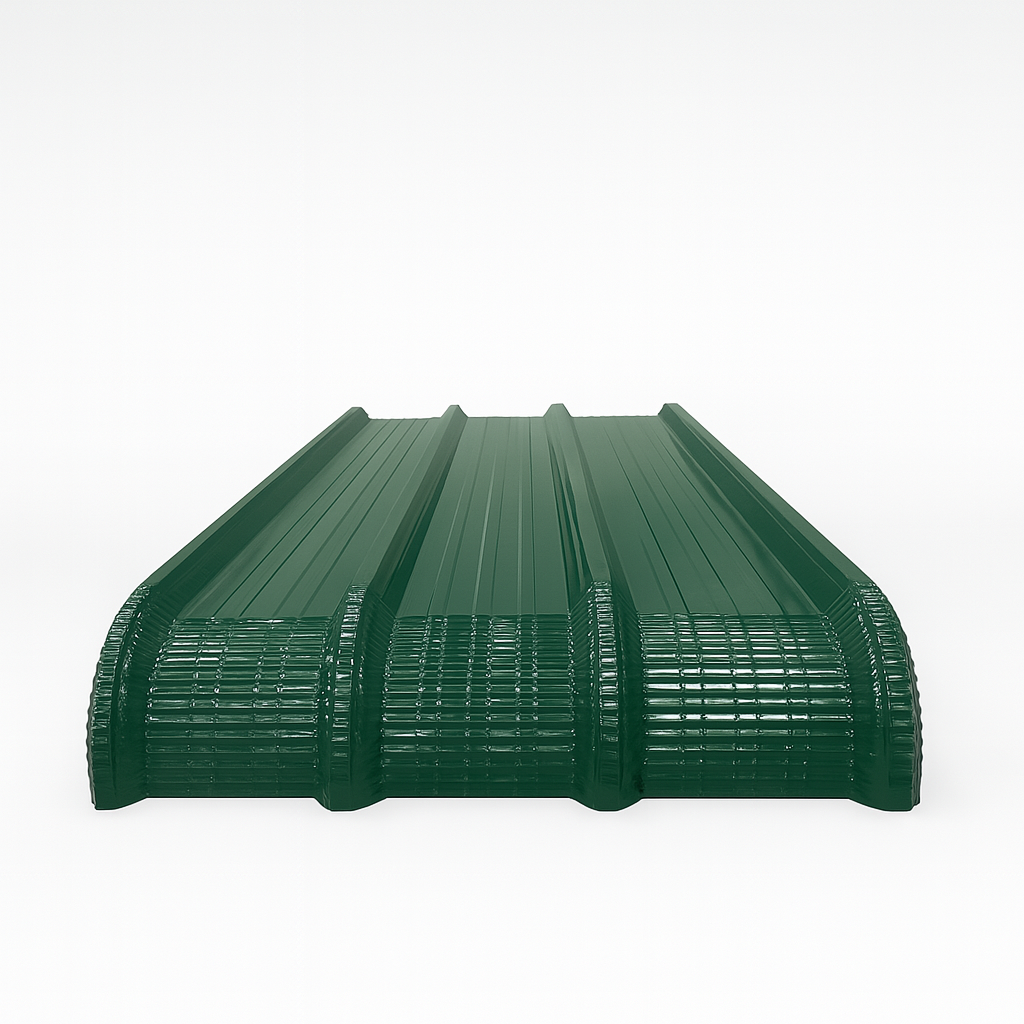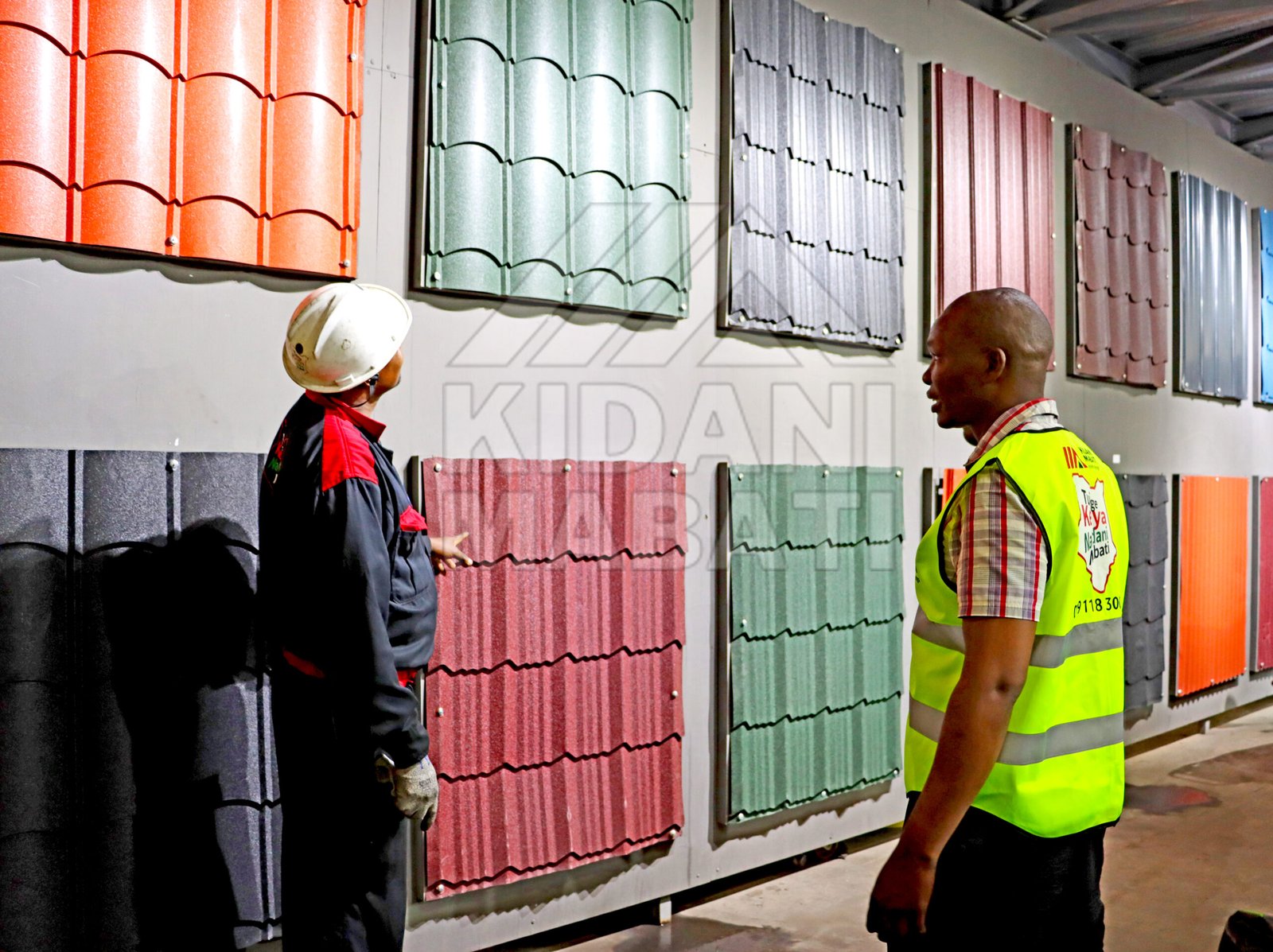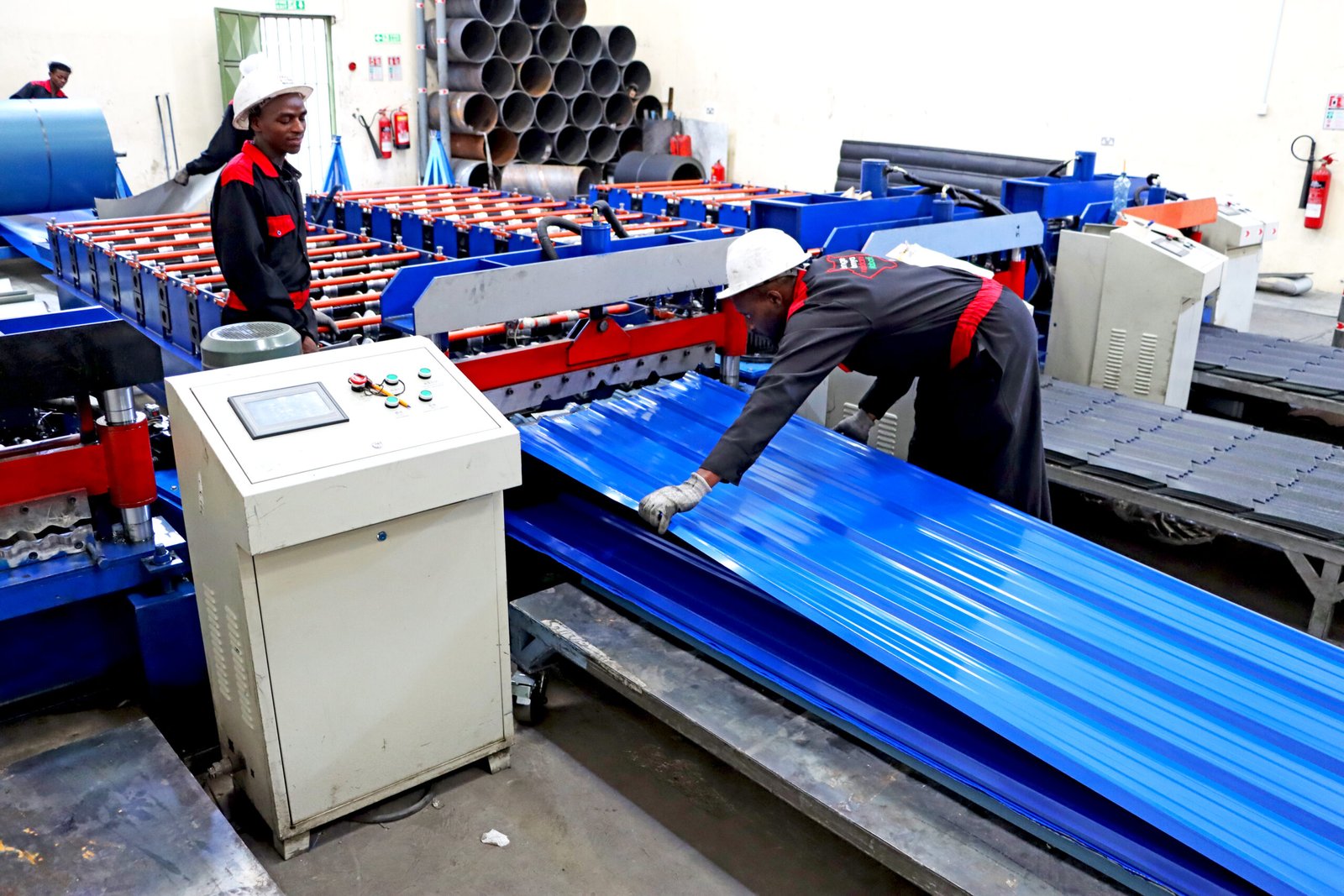When planning your roofing project, one of the most important decisions you’ll make is choosing the right mabati (iron sheets) for durability, cost, and performance. At Kidani Mabati, we often get asked: “28 gauge vs 30 gauge mabati which one should i choose?” This guide will break down the key differences between the two, helping you make an informed, cost-effective choice that suits your needs.
What Does Gauge Mean in Mabati?
First, let’s clarify what “gauge” means. Gauge refers to the thickness of the steel sheet used to make the mabati. It’s a crucial factor because it directly impacts the sheet’s strength, durability, and price.
-
Lower gauge number = thicker and stronger sheet
-
Higher gauge number = thinner and lighter sheet
Therefore, 28 gauge mabati is thicker and more durable than 30 gauge mabati, though it is slightly heavier and costs more.
Thickness and Strength: 28 Gauge vs 30 Gauge Mabati
| Gauge | Approximate Thickness | Strength Level |
|---|---|---|
| 28 Gauge | ~0.32 mm | Stronger, more durable |
| 30 Gauge | ~0.27 mm | Slightly thinner, lighter |
At Kidani Mabati, our 28 gauge sheets are designed to withstand tough weather conditions such as heavy rains, strong winds, and long-term exposure to the sun. Their thicker metal makes them less prone to dents, bending, and corrosion.
On the other hand, 30 gauge mabati is ideal for milder climates or projects where weight and budget are priorities. They still provide reliable protection but with slightly less durability.
Longevity and Durability Comparison
The thickness difference also affects how long the mabati lasts.
-
28 gauge mabati roofs can last 20 to 30 years with proper maintenance, making them an excellent long-term investment for permanent homes, commercial buildings, and schools.
-
30 gauge sheets typically last 15 to 25 years, depending on environmental exposure and upkeep.
Both gauges from Kidani Mabati undergo premium anti-rust coating and color protection treatments to extend their lifespan and maintain aesthetic appeal.
Mabati Prices in Kenya: Cost Differences Between 28 and 30 Gauge
Cost is often the deciding factor for many buyers searching for “mabati prices in Kenya” or “Kidani Mabati prices in Kenya.” Since 28 gauge mabati uses more steel, it’s naturally more expensive than 30 gauge.
However, the extra cost often translates into long-term savings due to fewer repairs and replacements. For smaller projects or budget-conscious clients, 30 gauge mabati is a cost-effective choice that offers good value without sacrificing essential protection.
Price Summary
| Gauge | Price Range (KES per sheet) |
|---|---|
| 28 Gauge | Higher (reflecting thickness) |
| 30 Gauge | Lower (budget-friendly) |
For the most up-to-date prices, visit the Kidani Mabati price list or contact the Kidani Mabati factory directly.
Ideal Uses for 28 and 30 Gauge Mabati
Knowing the best use cases for each gauge will help you make the right decision for your project:
-
28 Gauge Mabati: Perfect for permanent homes, commercial buildings, churches, schools, and areas with high rainfall or harsh weather. It’s also ideal for box profile mabati roofing, which is a popular design for robust, attractive roofs.
-
30 Gauge Mabati: Best for temporary structures, small residential houses, sheds, or any project with a tight budget. It’s a practical option when you need lighter roofing sheets without compromising basic protection.
Aesthetic and Style Choices
At Kidani Mabati, both 28 and 30 gauge sheets come in a range of colors and profiles—including corrugated and box profile designs—so your roof can have the exact look you want regardless of the gauge.
Choosing between the two gauges will not affect the aesthetic appeal, only the durability and price.
Why Choose Kidani Mabati?
As a trusted supplier with a reputable Kidani Mabati factory in Kenya, we manufacture both 28 and 30 gauge mabati to the highest standards. Our products undergo careful quality control to ensure rust resistance, color fading protection, and strength.
We also offer transparent pricing and factory visits so you can see our products up close and make an informed choice that suits your budget and project needs.
 Final Verdict: Which Gauge Should You Choose?
Final Verdict: Which Gauge Should You Choose?
If your priority is long-term durability and weather resistance, go for 28 gauge mabati. It’s slightly more expensive but offers the best value over time, especially in harsh climates.
If you need a cost-effective, lighter roofing option that’s still reliable for milder conditions or temporary usage, 30 gauge mabati is a solid choice.
Whatever your decision, Kidani Mabati guarantees quality roofing sheets that will protect your home or building effectively.
Talk to Kidani Mabati Today
Still unsure which mabati gauge is right for you?
📞 Call Kidani Mabati now or visit the factory to compare samples in person. Our knowledgeable team will guide you through the options and help you find the perfect roofing solution based on your needs and budget.
For the latest mabati prices in Kenya, product details, and order inquiries, check the Kidani Mabati website or contact us directly through our main line 0709 118 300.


